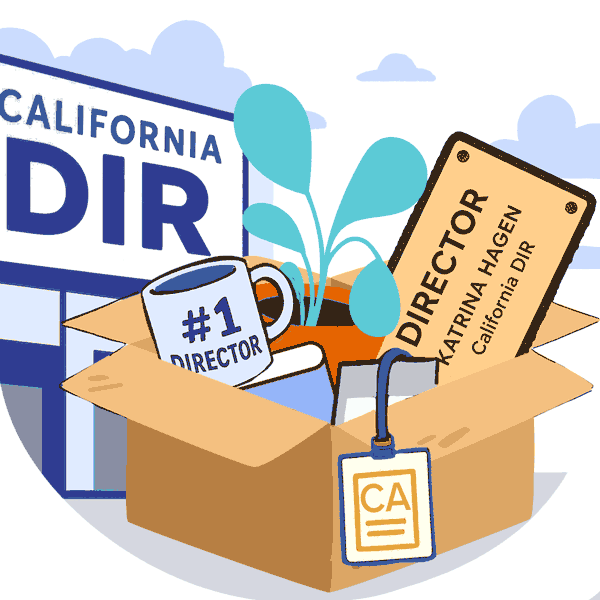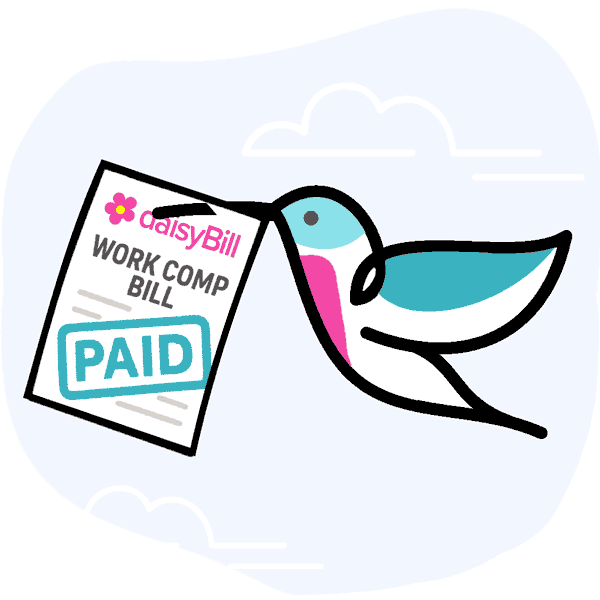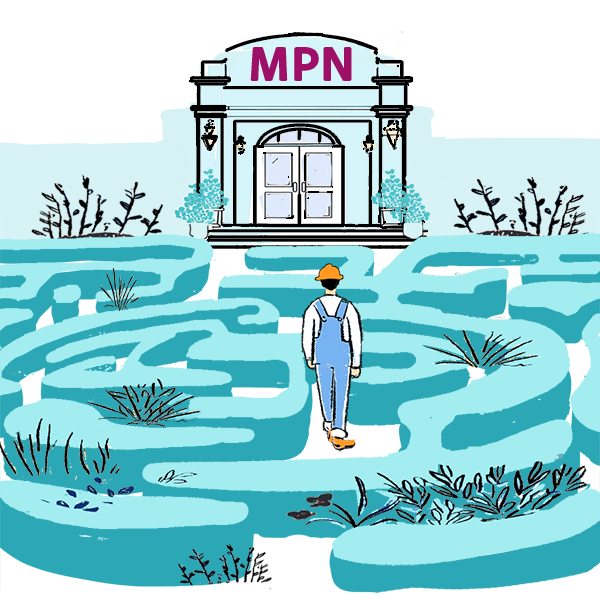Diabolical Discounts: CA Employers Are Getting Ripped Off

In California, doctors who treat injured workers are seeing their revenue collapse due to exploitative discount reimbursement schemes.
California Senate Bill 863, which was rushed through the legislative process with minimal public scrutiny in 2012, has played a central role in this crisis.
SB 863 implemented Medical Provider Networks (MPNs), allowing employers and insurers to restrict injured workers to in-network providers. The bill gave payers complete control over provider participation in MPNs, with the process for adding or removing physicians left entirely at payers’ discretion (or whims).
As daisyNews has documented, doctors are now threatened with exclusion from MPNs and the loss of eligibility to treat injured workers if they refuse to sign financially exploitative Preferred Provider Organization (PPO) contracts that reduce reimbursements to rates below the fee schedule.
These PPO contracts often serve as financial traps for physicians and, ultimately, their employers. Rather than using employer dollars to pay for the care of injured workers, at least some of those dollars are funneled to entities that provide no care or services to workers.
This Week’s Diabolical Discounter is Third-Party Administrator (TPA) Next Level Administrators.
Next Level used Coventry and MultiPlan PPO contracts to gut a doctor’s payment for a routine Evaluation and Management visit, paying just $31.42 to treat a Priority Business Services / Priority Workforce employee.
Week after week, our data shows that these paltry reimbursements are common in California. TPAs, PPOs, and a tangled web of profiteering vendors are bleeding employer premiums dry—with inadequate reimbursement reaching the physicians who care for injured workers.
Next Level Pays Doctor $31 for Treatment
Next Level Administrators “stacked” Coventry and MultiPlan PPO contracts to slash payment for a routine Evaluation and Management (E/M) visit, paying only $31.42. For context:
- California’s Official Medical Fee Schedule (OMFS) values CPT 99213 (a standard E/M visit) at $148.10.
- Next Level’s payment was just 21% of the OMFS rate, which is 32% of the Medicare rate.
The Explanation of Review (EOR) spells it out: Next Level cites PPO “network reductions” from Coventry and MultiPlan to justify the 79% cut. A physician provided the care—but $116.68 of the price of that care disappeared into the Coventry/MultiPlan black hole.
CA Employers: Where’s Your Money Really Going?
Employers, the money you pay in workers’ comp premiums isn’t reaching the intended target.
Instead of funding the medical care of injured workers, your premiums are being funneled to a vast network of middlemen—including TPAs, PPOs, and private equity-backed vendors—who siphon off as much money as possible before it ever reaches the doctor.
The above isn’t an isolated event; it's a systemic feature of the California workers' compensation system.
Claims administrators control MPNs and decide which providers are included, how much providers are paid, and which treatments are approved. This opens the door for private-equity owned entities to profit from the system, diverting funds away from medical care and further inflating administrative costs.
Entities like TPAs, PPOs, Utilization Review (UR) vendors, and bill review vendors specialize in siphoning off employers’ employers’ premiums, leaving fewer dollars for actual care. The consequences are stark: fewer doctors are willing to treat injured workers, wait times increase, access to care is reduced, and the quality of care deteriorates.
When employers write their workers' comp premium checks, too often they are funding private equity profits instead of supporting the recovery of their injured employees.
Know what you’re owed, and keep track of every cent with daisyBill. Click below to see how we make life easier for providers who treat injured workers.
WORKERS’ COMP BILLING: SOLVED
DaisyBill provides content as an insightful service to its readers and clients. It does not offer legal advice and cannot guarantee the accuracy or suitability of its content for a particular purpose.




.png)

